Equipped with features such as inbuilt Wi-Fi, Bluetooth along with impressive memory and processing speeds
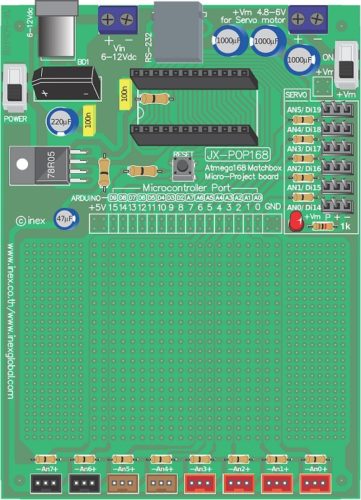
When it comes to selecting a suitable development board for your IoT project, DIYers and electronic hobbyists (especially beginners) often have to go through a long list of hardware components out there. The end result is a big confusion. To ease that, below is a list of tried and tested development boards that will help you achieve your target.
Arduino Uno
Popular and widely used, the Arduino Uno is based on ATmega328P and is equipped with 2KB SRAM, 1KB EEPROM and a clock speed of 16MHz.
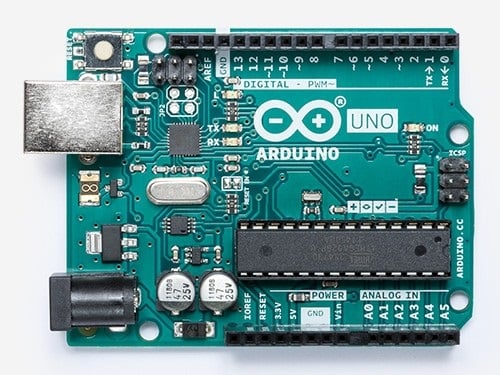
Raspberry Pi 2
Another widely used board, the Raspberry Pi 2 is the second gen model of Raspberry Pi. It has a 900MHz quad-core ARM Cortex-A7 CPU and 1GB RAM.
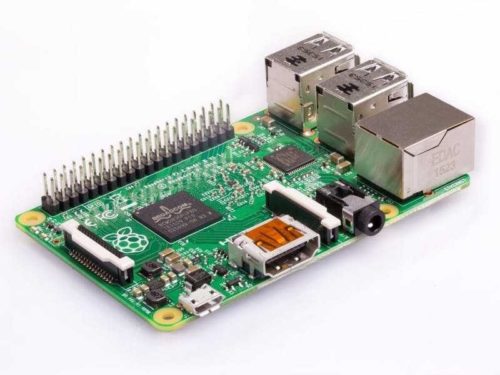
BeagleBone Black
The BeagleBone Black is a low-cost, open source development board that is equipped with 1 GHz AM3359 Arm Cortex-A8 and 512MB RAM. It runs on Linux.
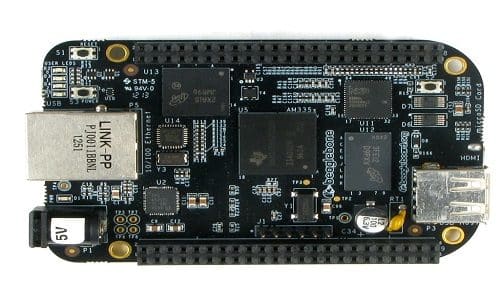
Udoo Neo
The Udoo Neo is an open hardware low-cost development board for Android and Linux. It has Bluetooth 4.0 and a Wi-Fi Module. The board is equipped with two processor cores: a 1GHz ARM Cortex-A9 and a 200MHz Cortex-M4.
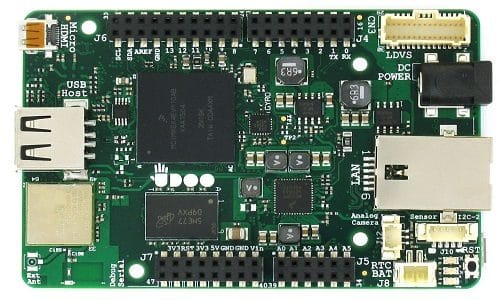
Particle Argon
Based on Nordic’s nRF52840, the Particle Argon is a powerful Wi-Fi enabled development board that can be used either as a standalone Wi-Fi device or a Wi-Fi enabled gateway. It has an on-board Li-Po charging and battery connector.
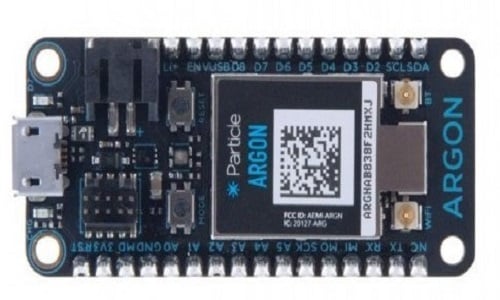
ESP32-DevKitC
The ESP32-DevKitC board has a 4MB Flash with integrated Wi-Fi and Bluetooth connectivity and PCB/IPX antenna for outstanding RF performance. It has a wide operating temperature range of -40 degree Celsius to 85 degree Celsius.
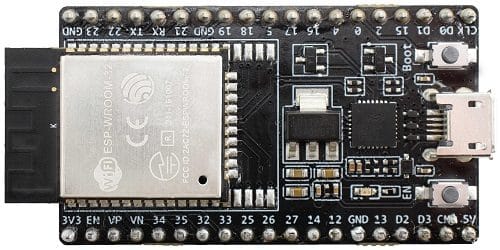
Sony Spresense
Sony Spresense is powered by Sony’s CXD5602 microcontroller, that has 6 ARM Cortex-M4F cores with a clock speed of 156 MHz. Along with a powerful microcontroller, the features integrated GPS, hi-resolution audio output and multi mic inputs. The board is supported by Arduino IDE.
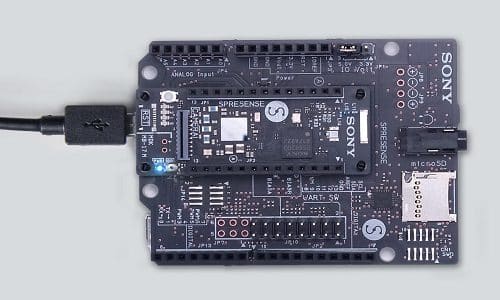
Note: Intel Galileo is also suited for IoT projects, but has not been included here as the company has ended support for its development board.








